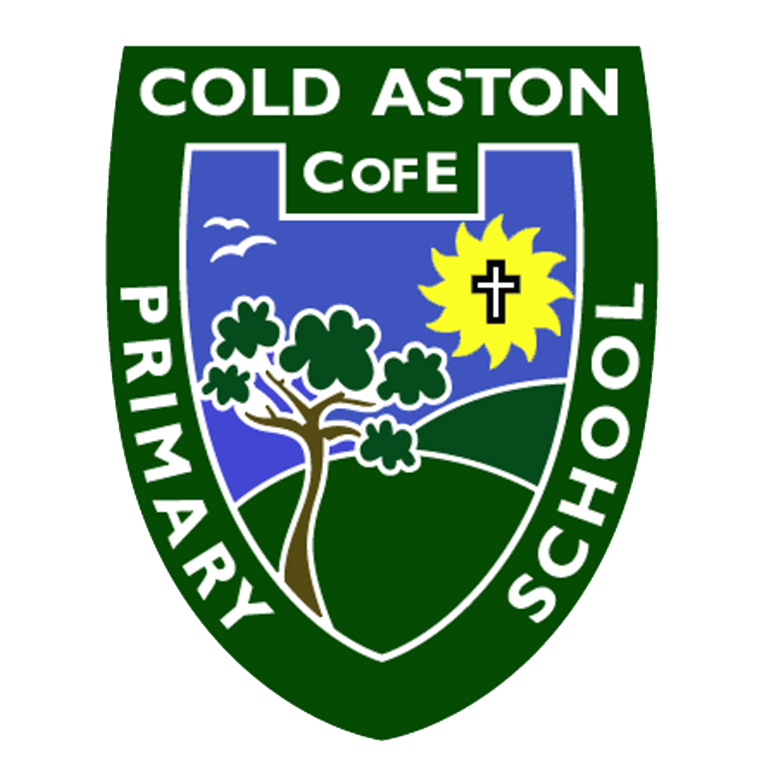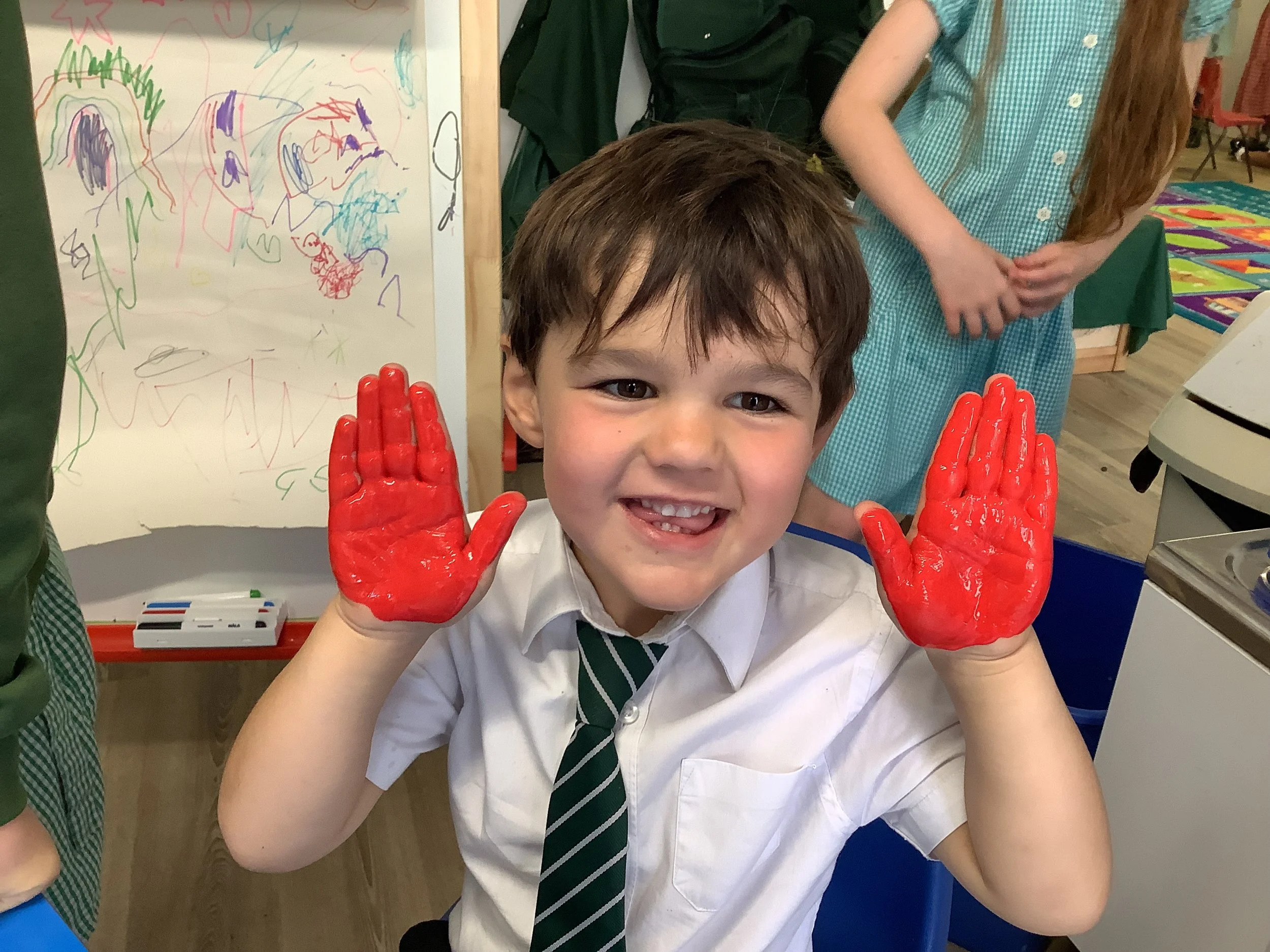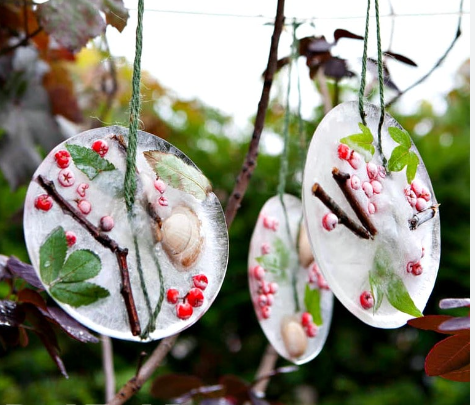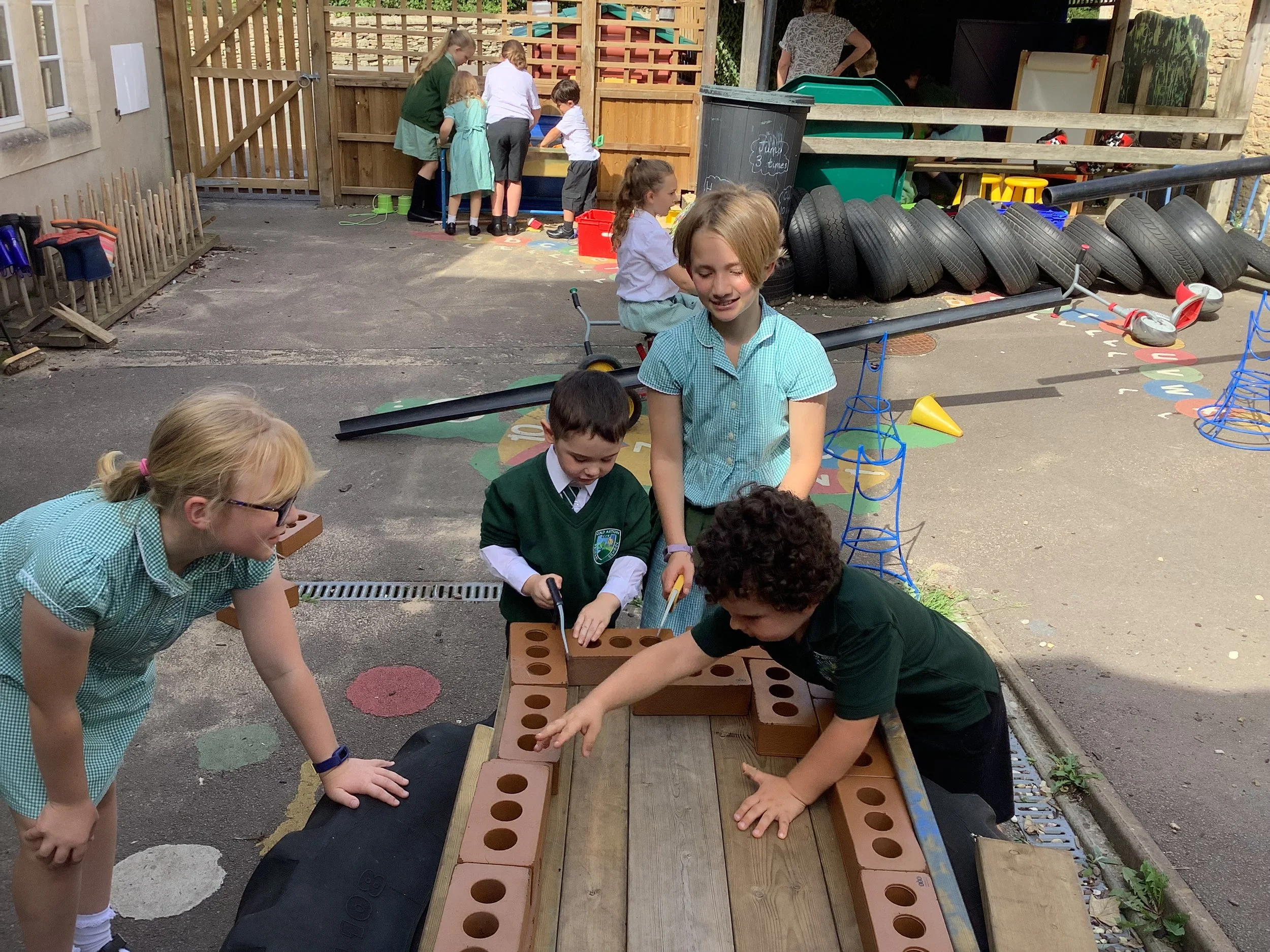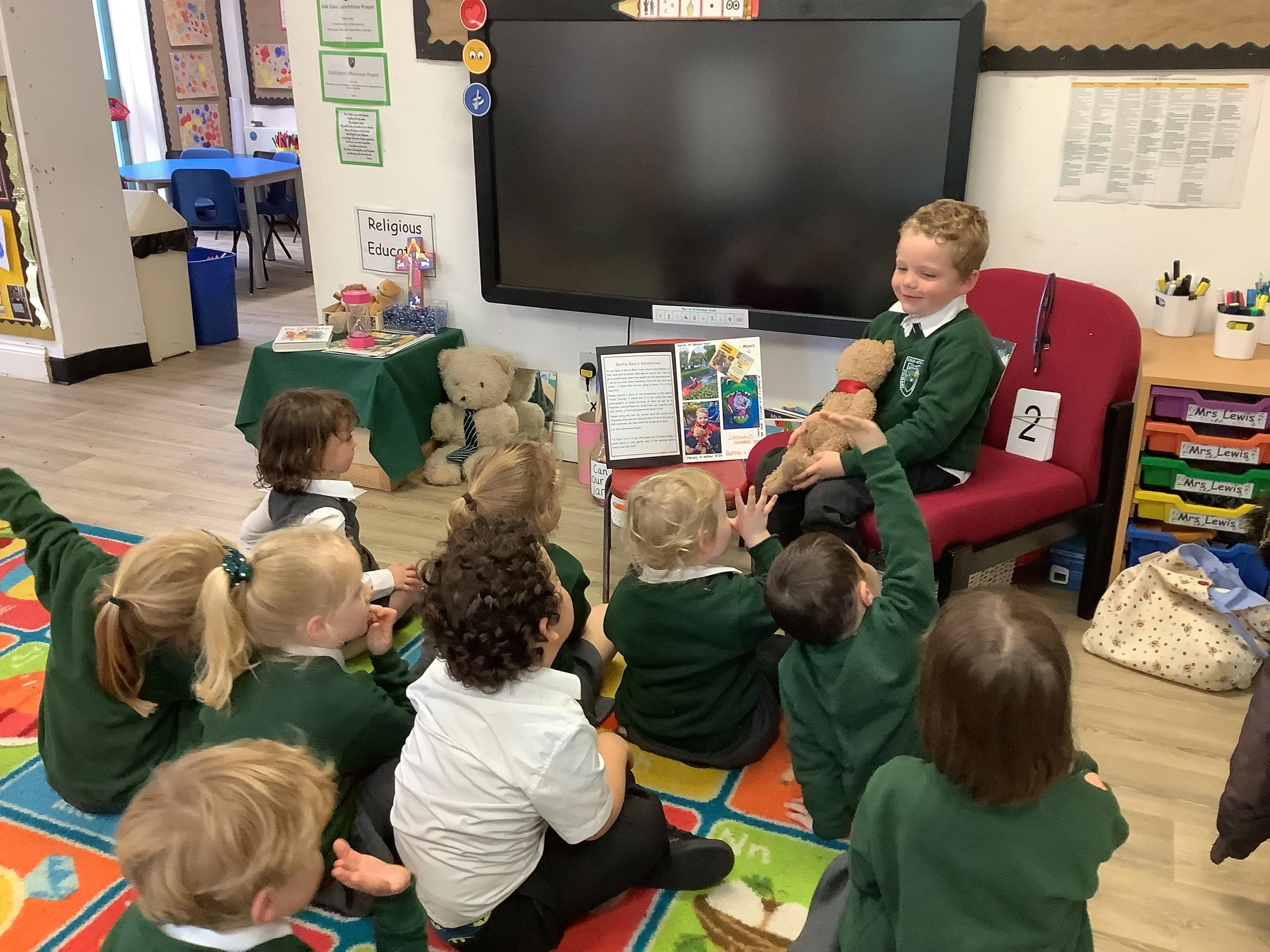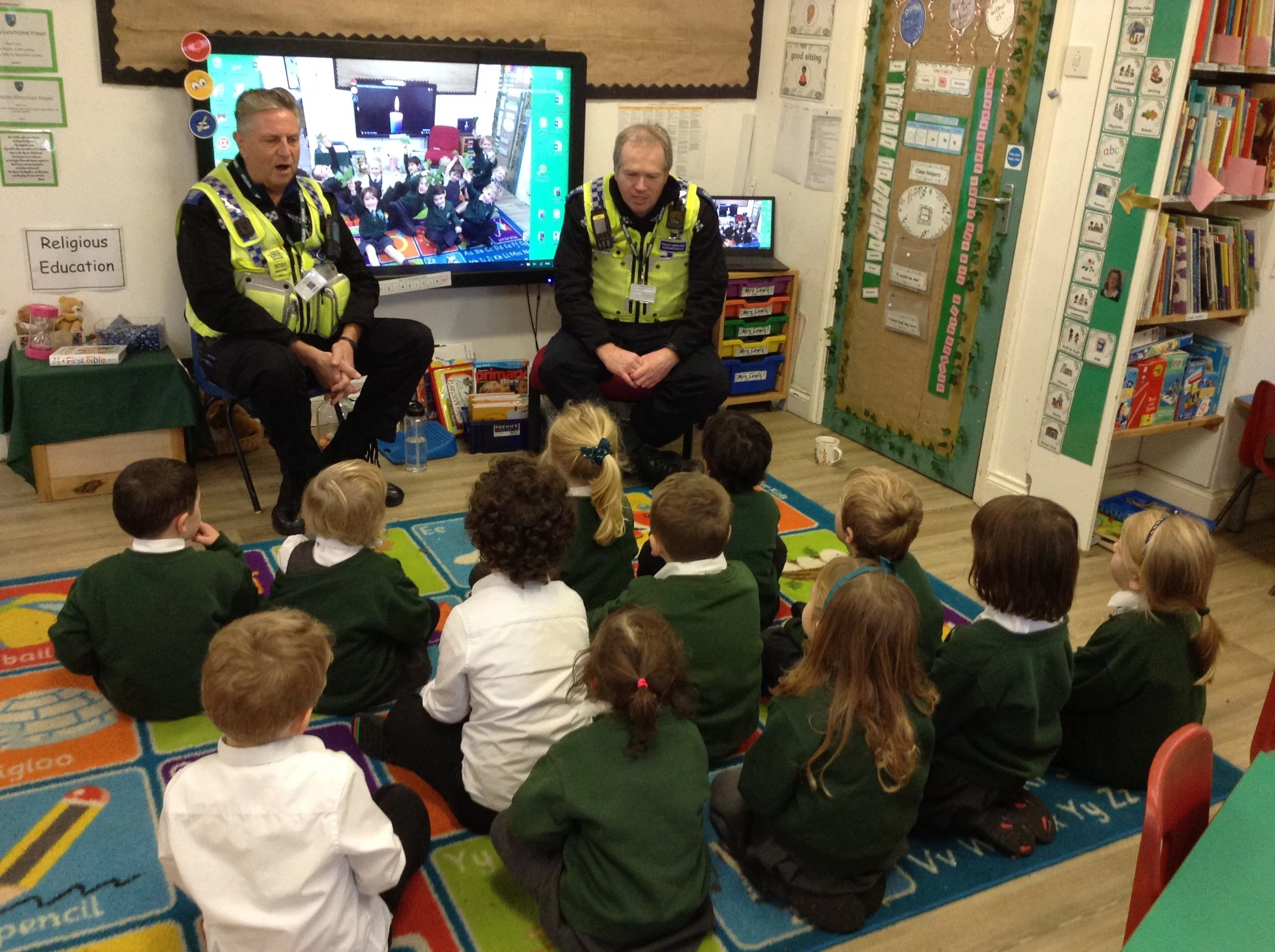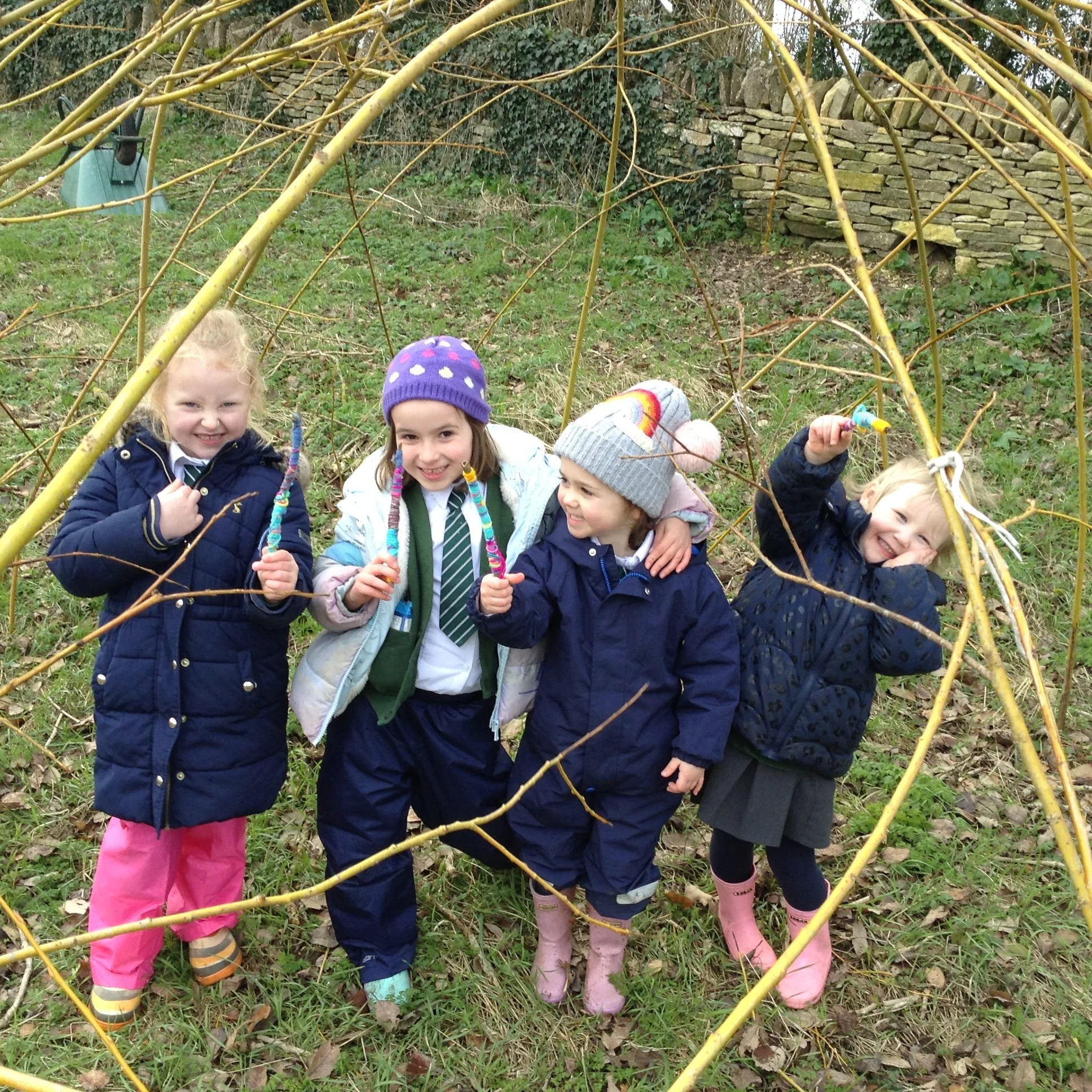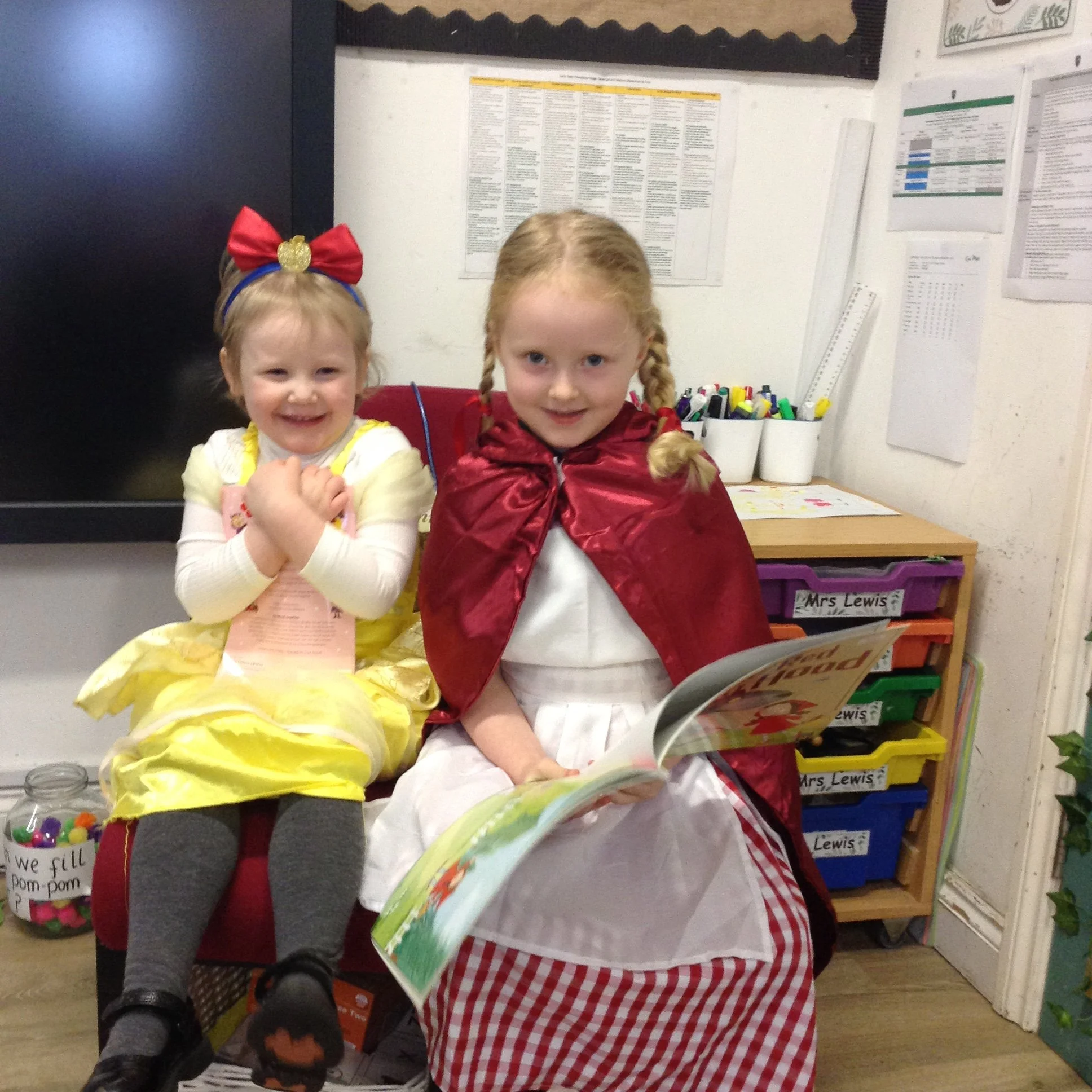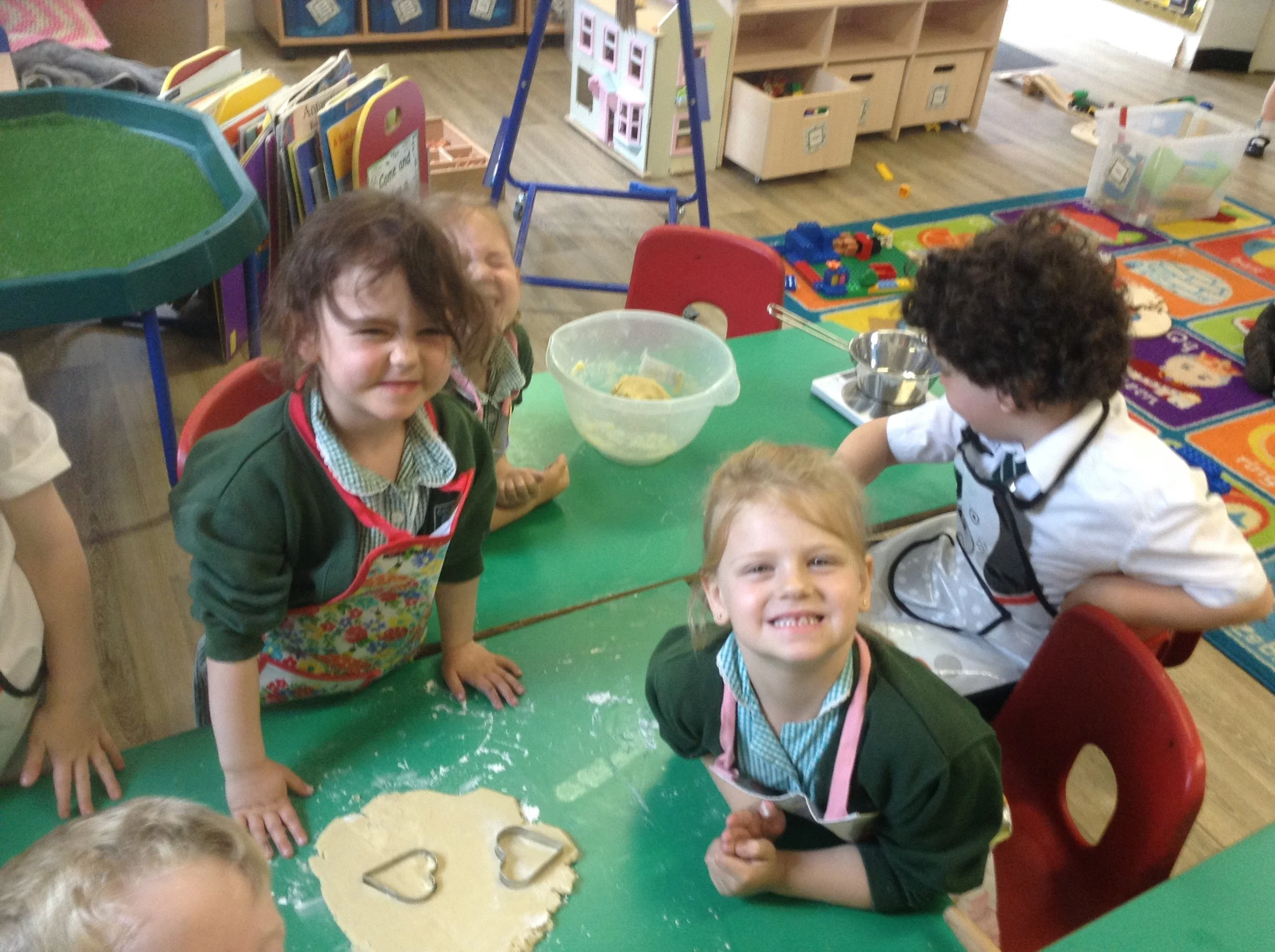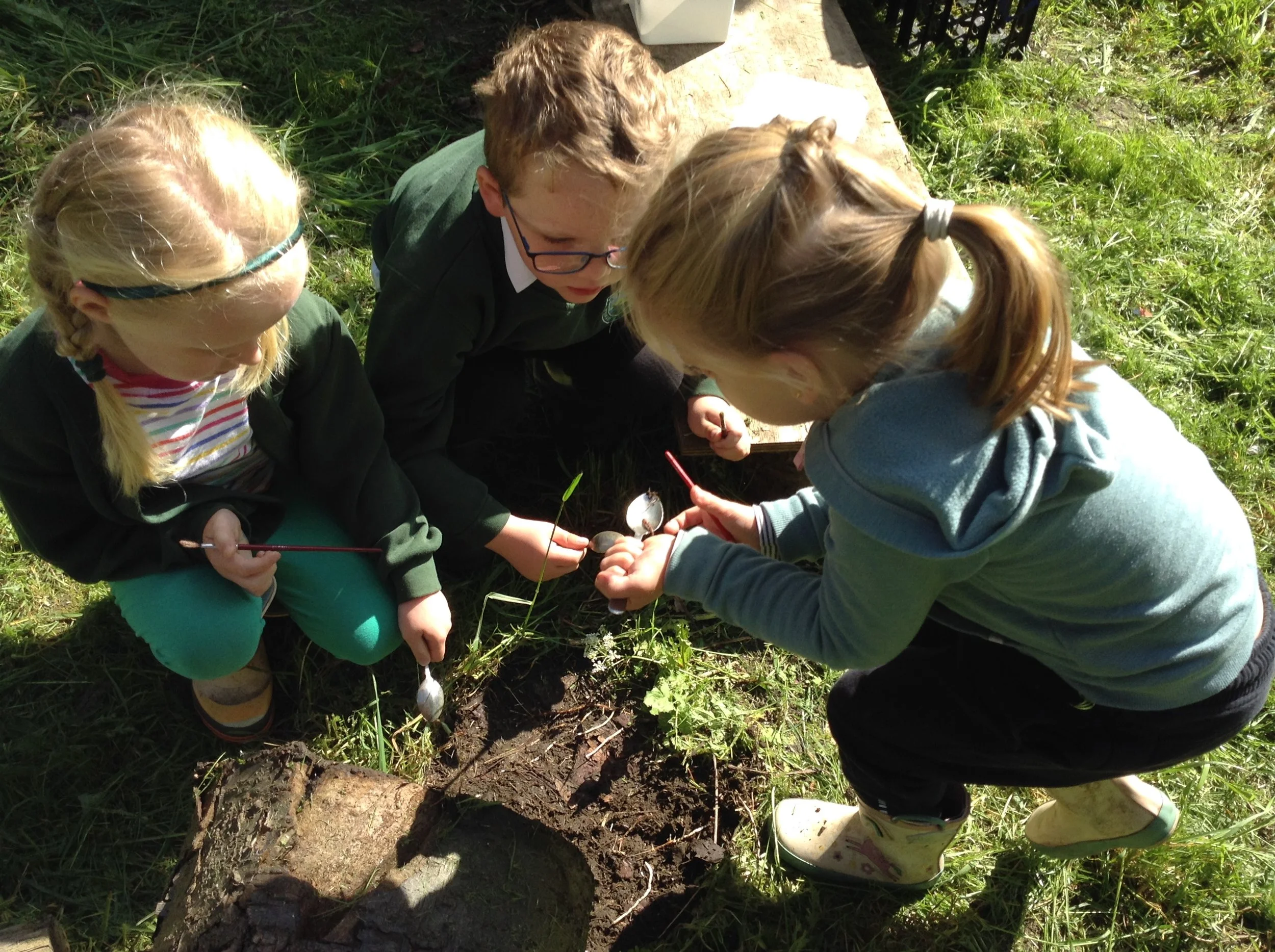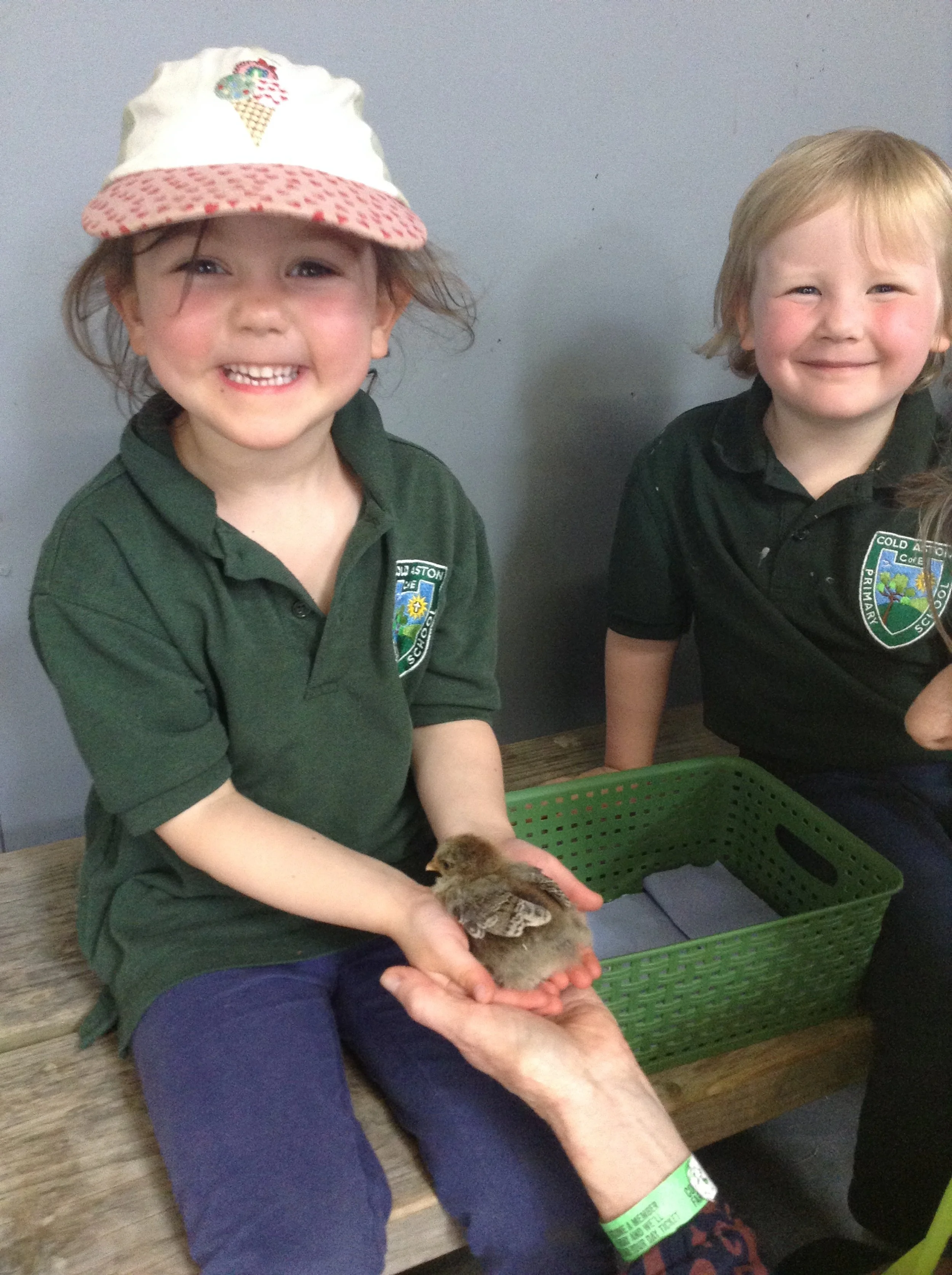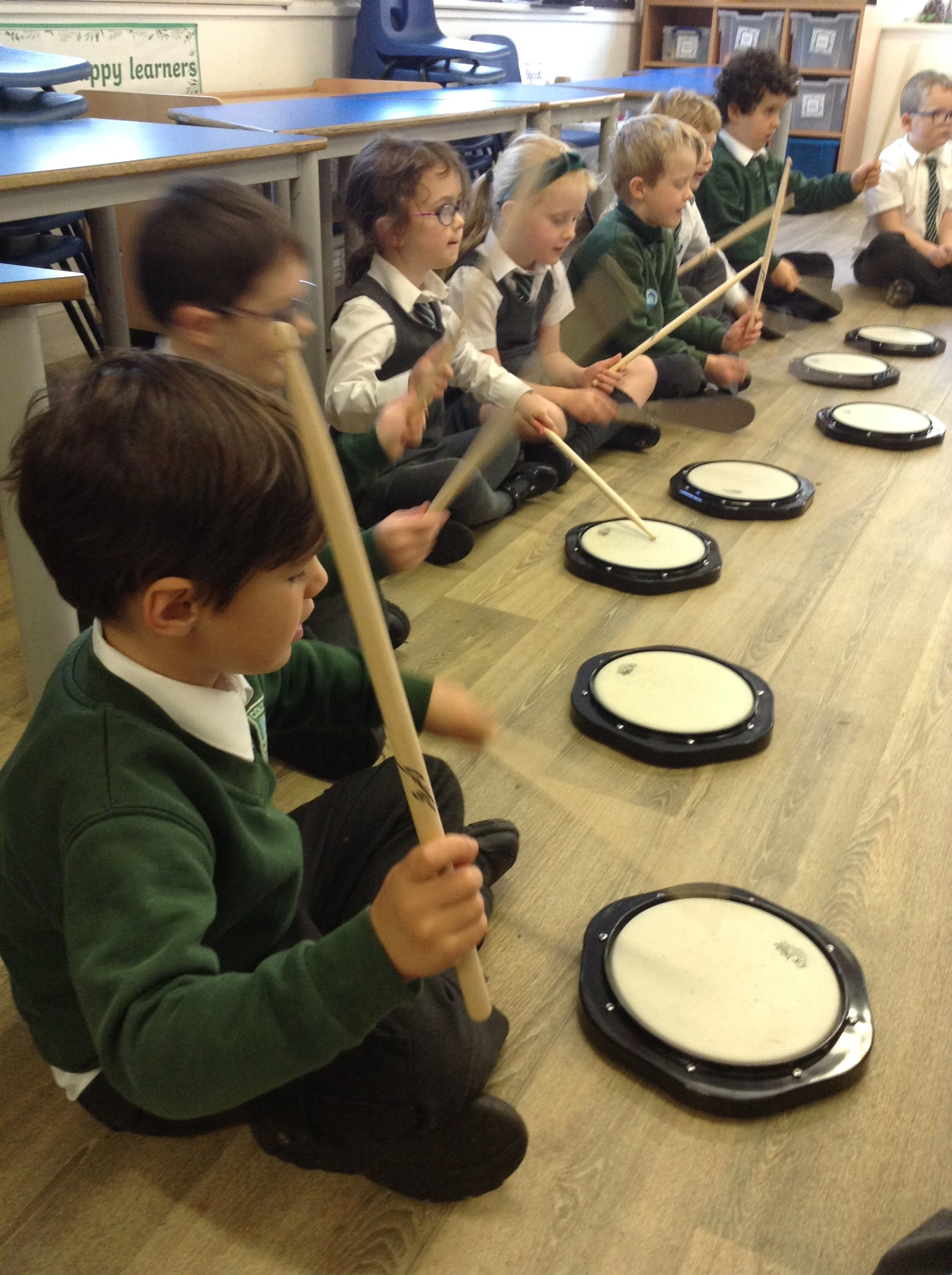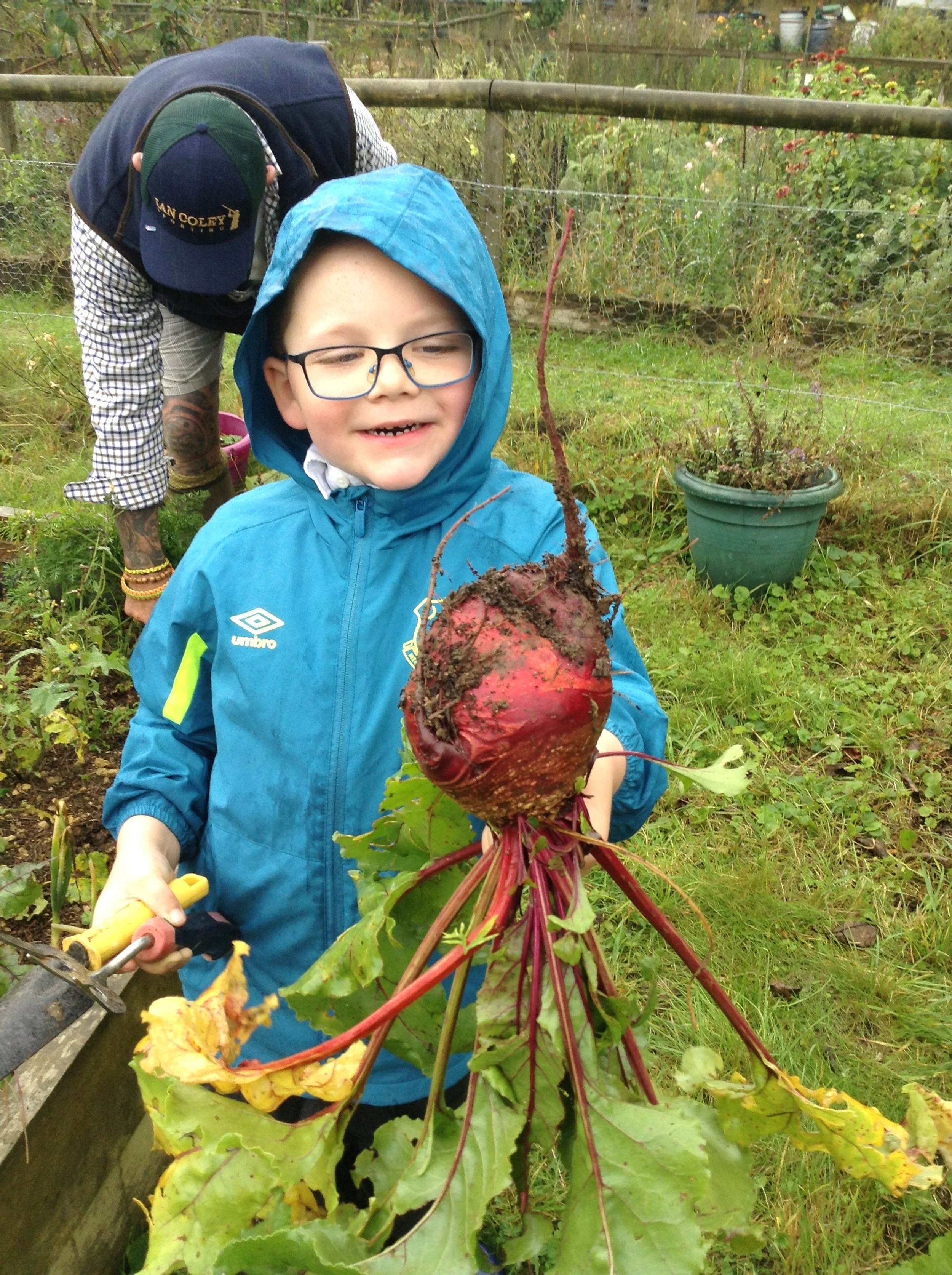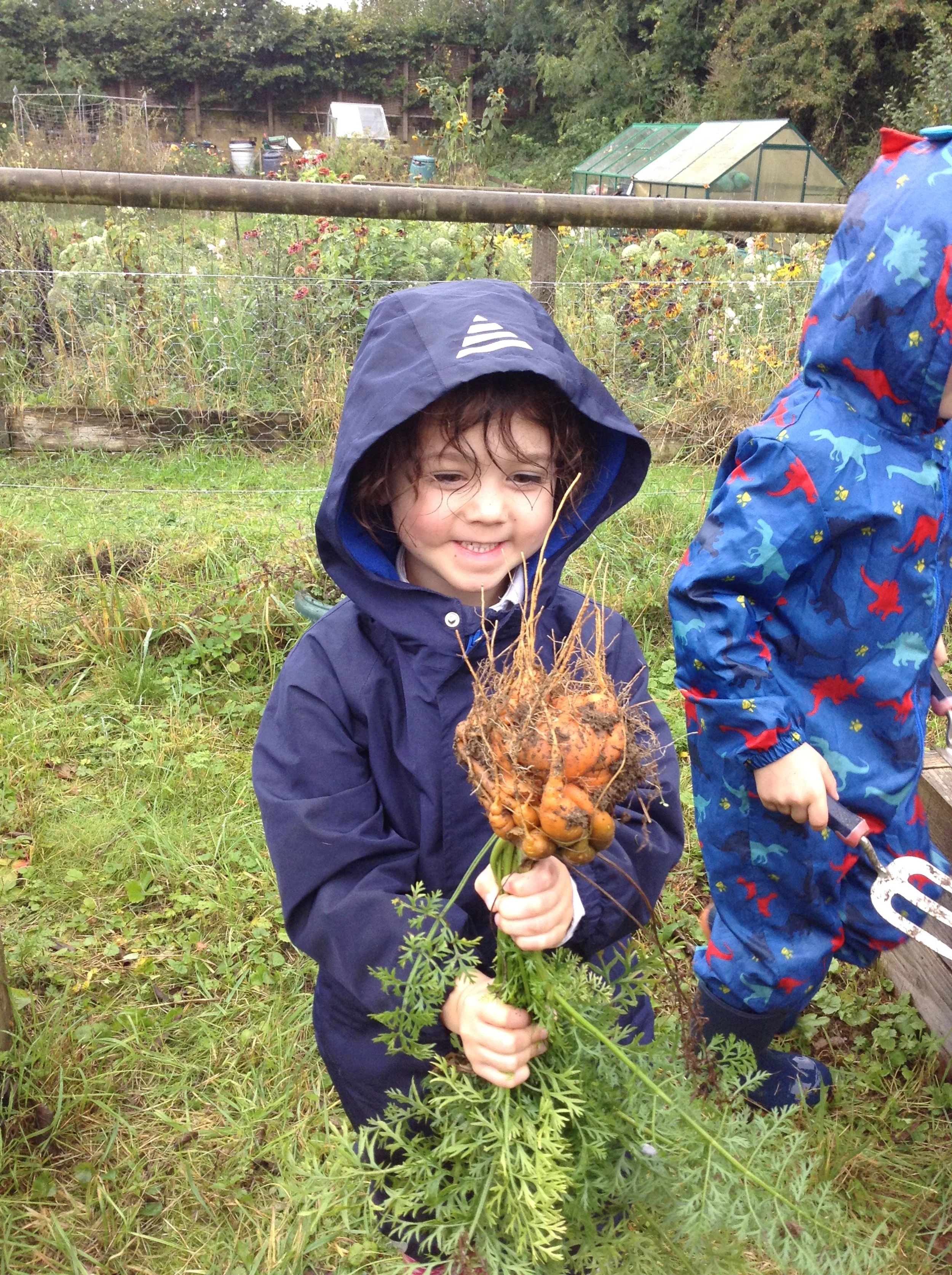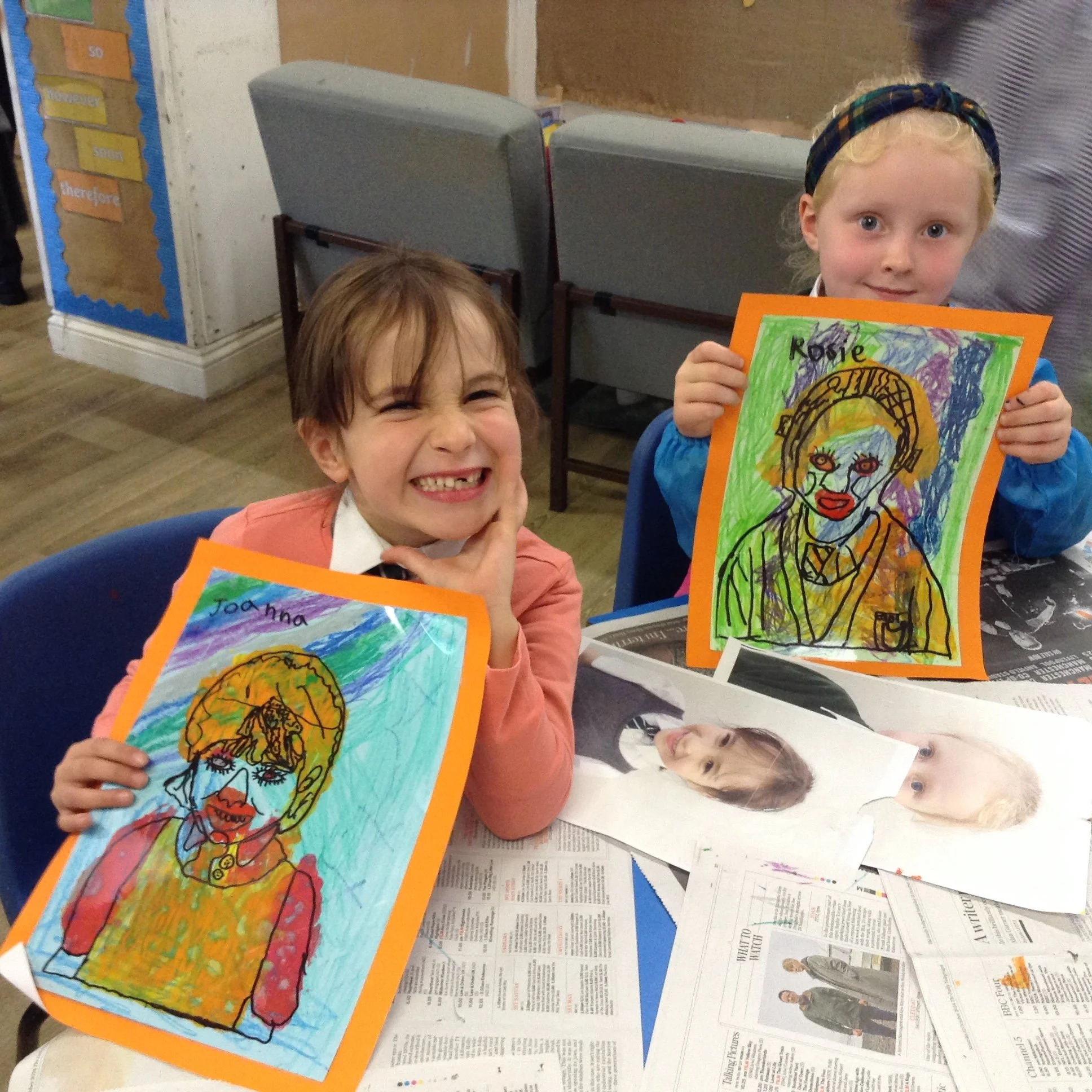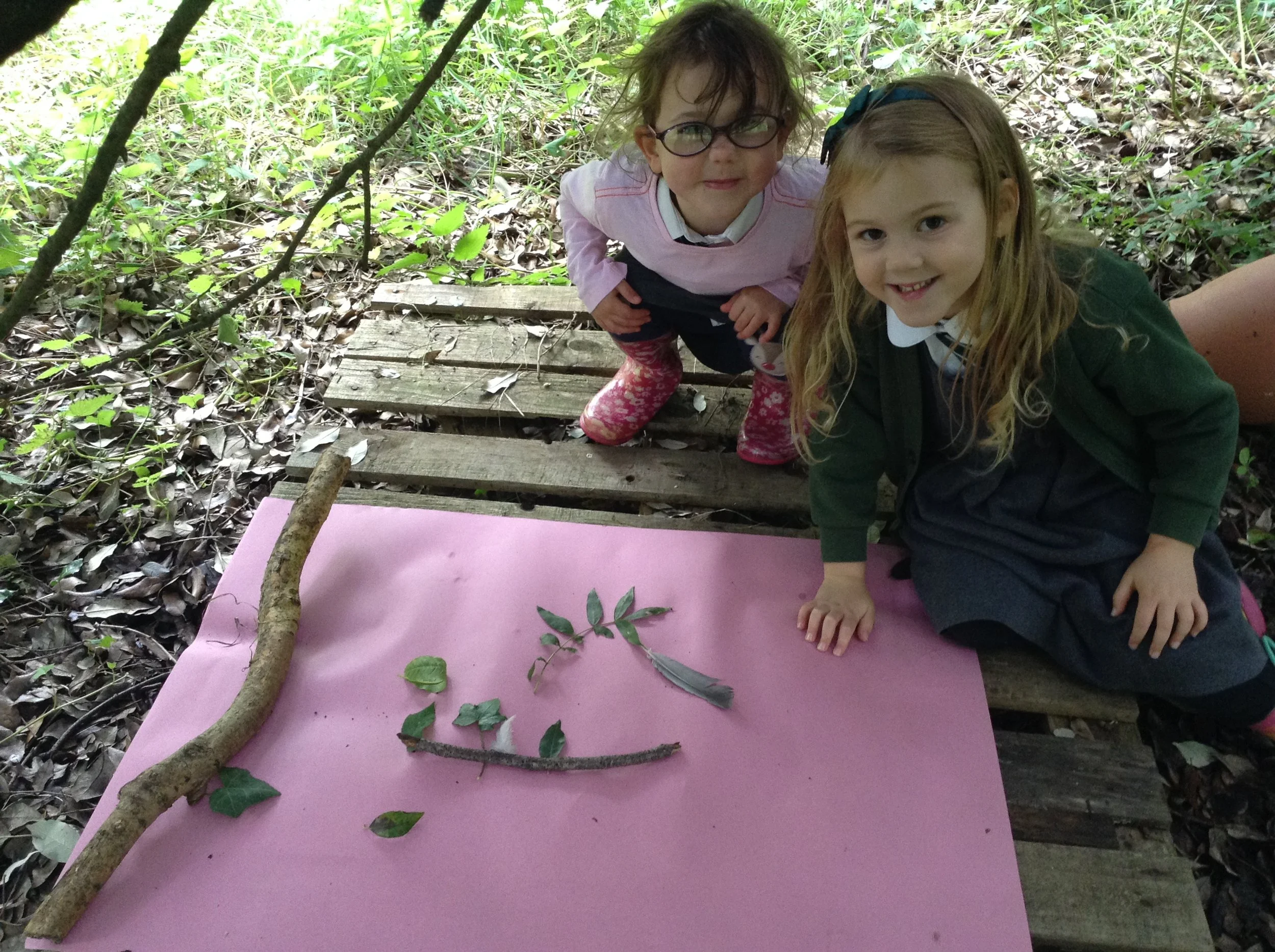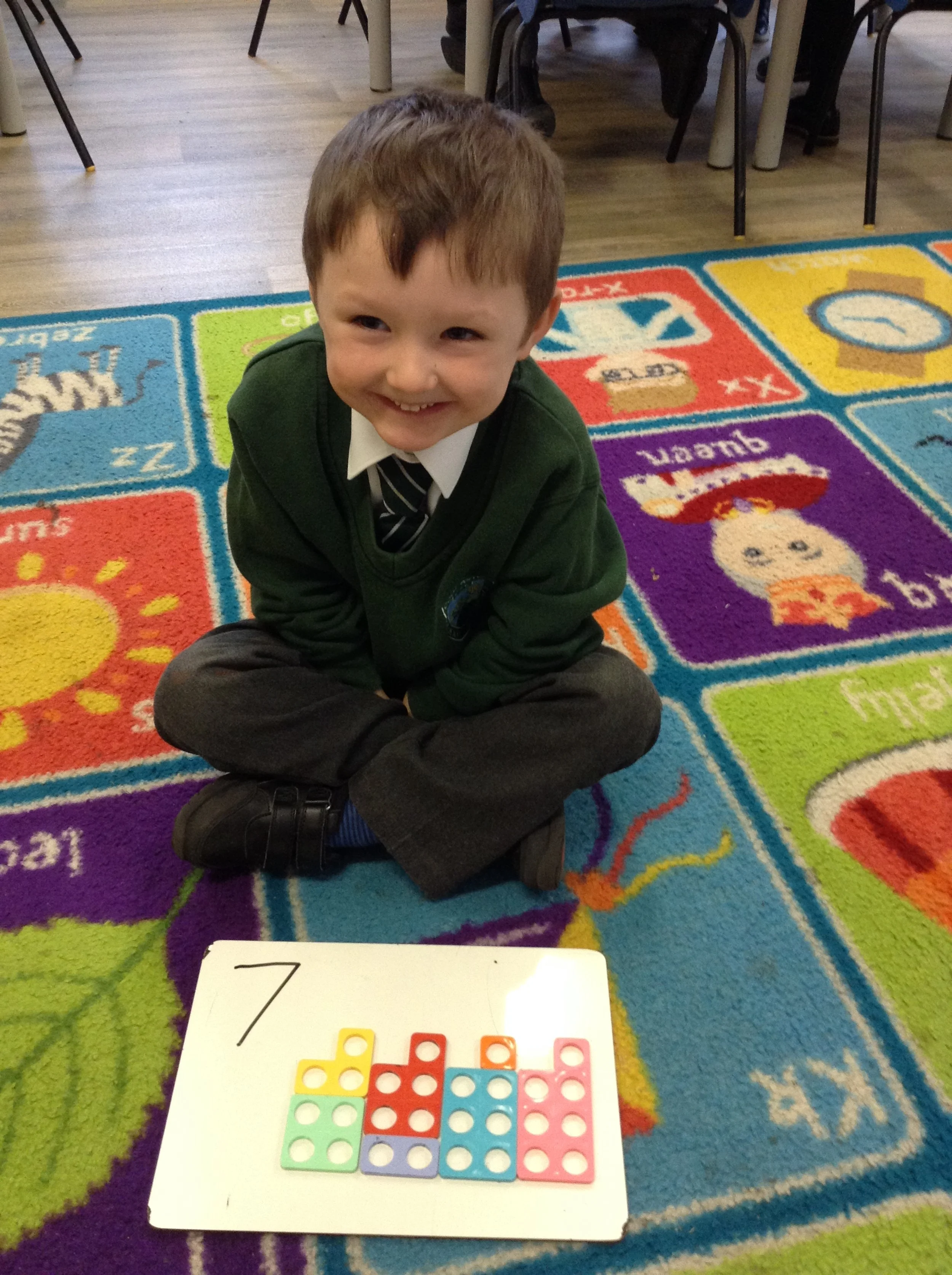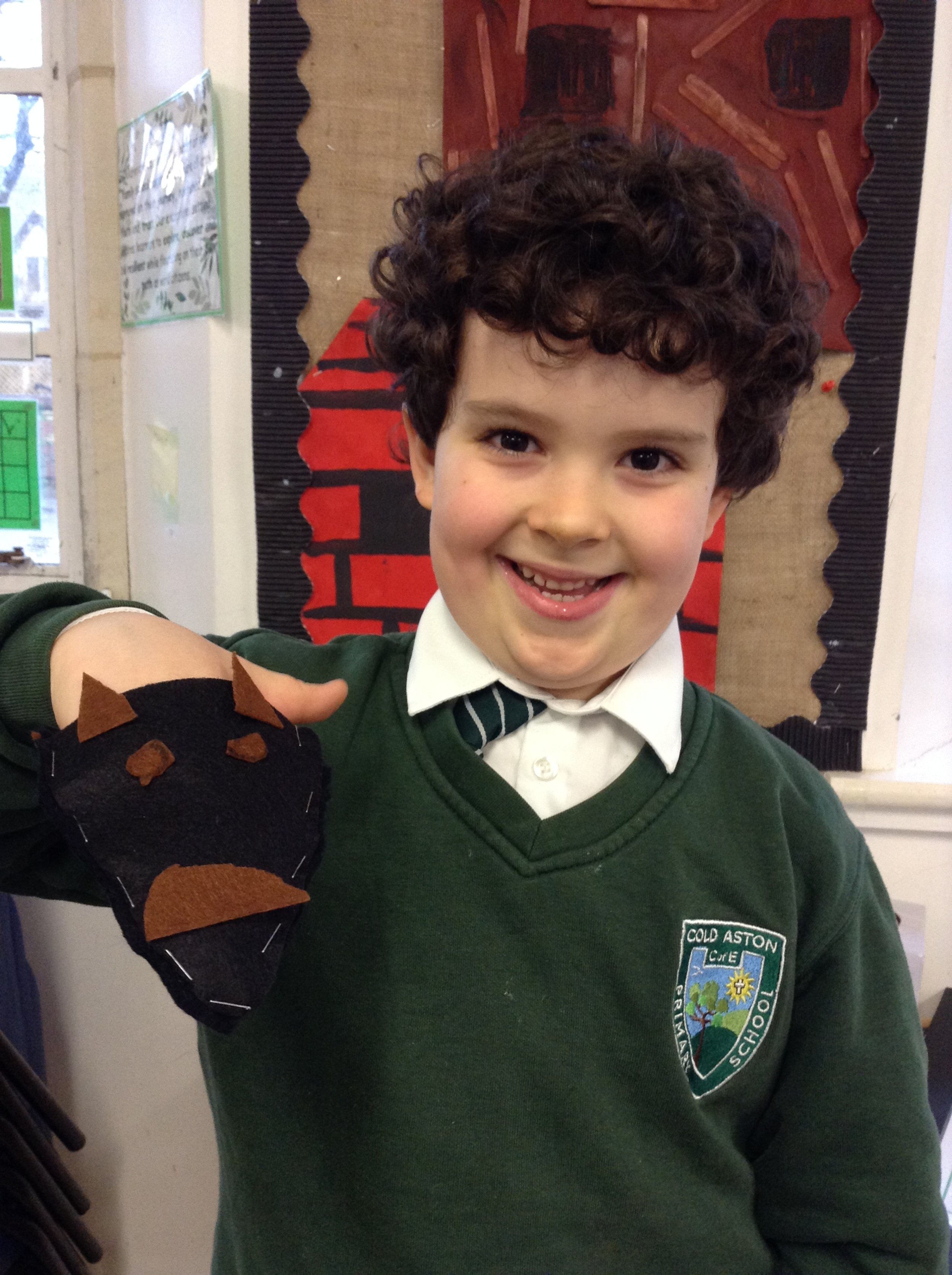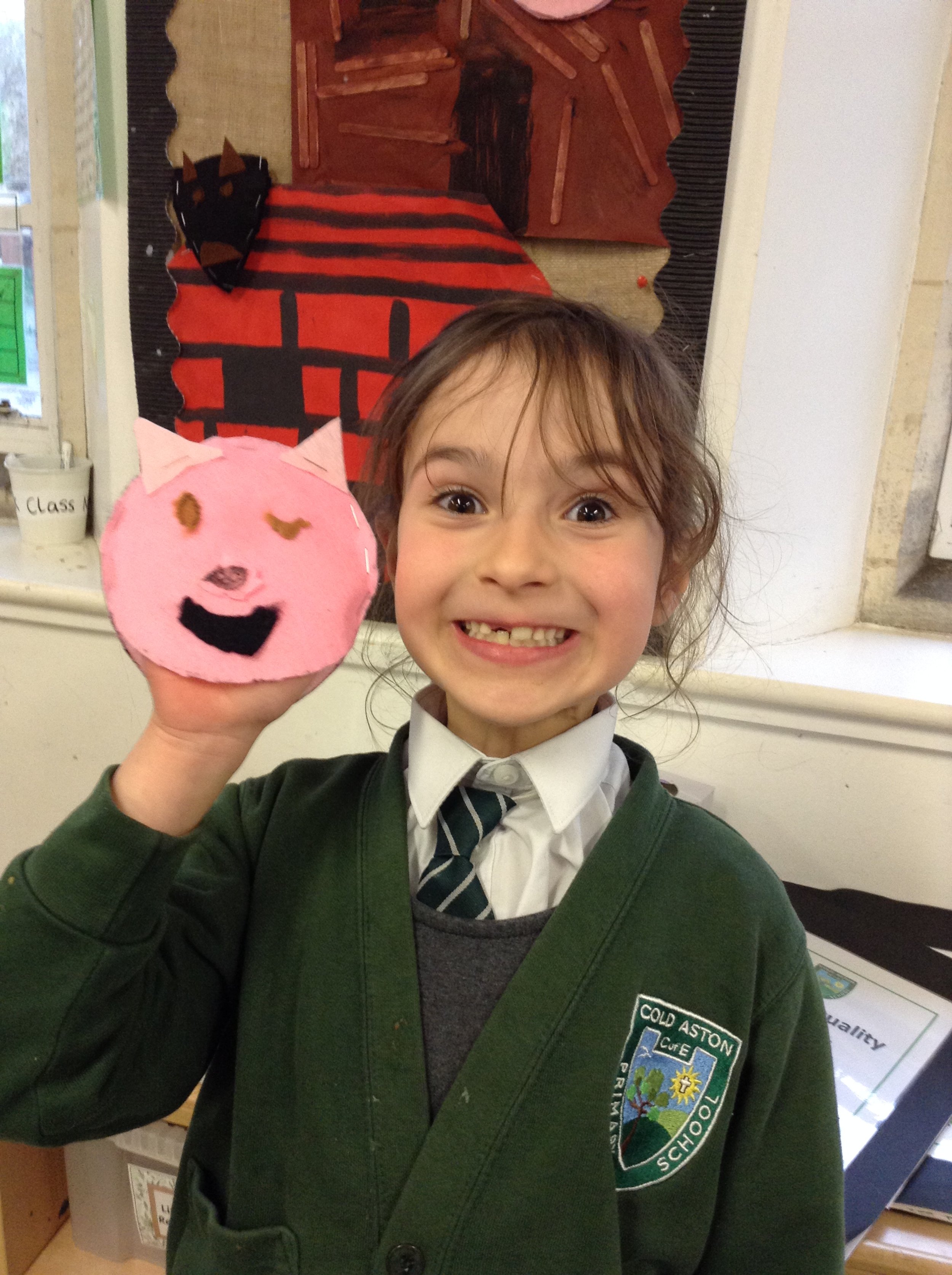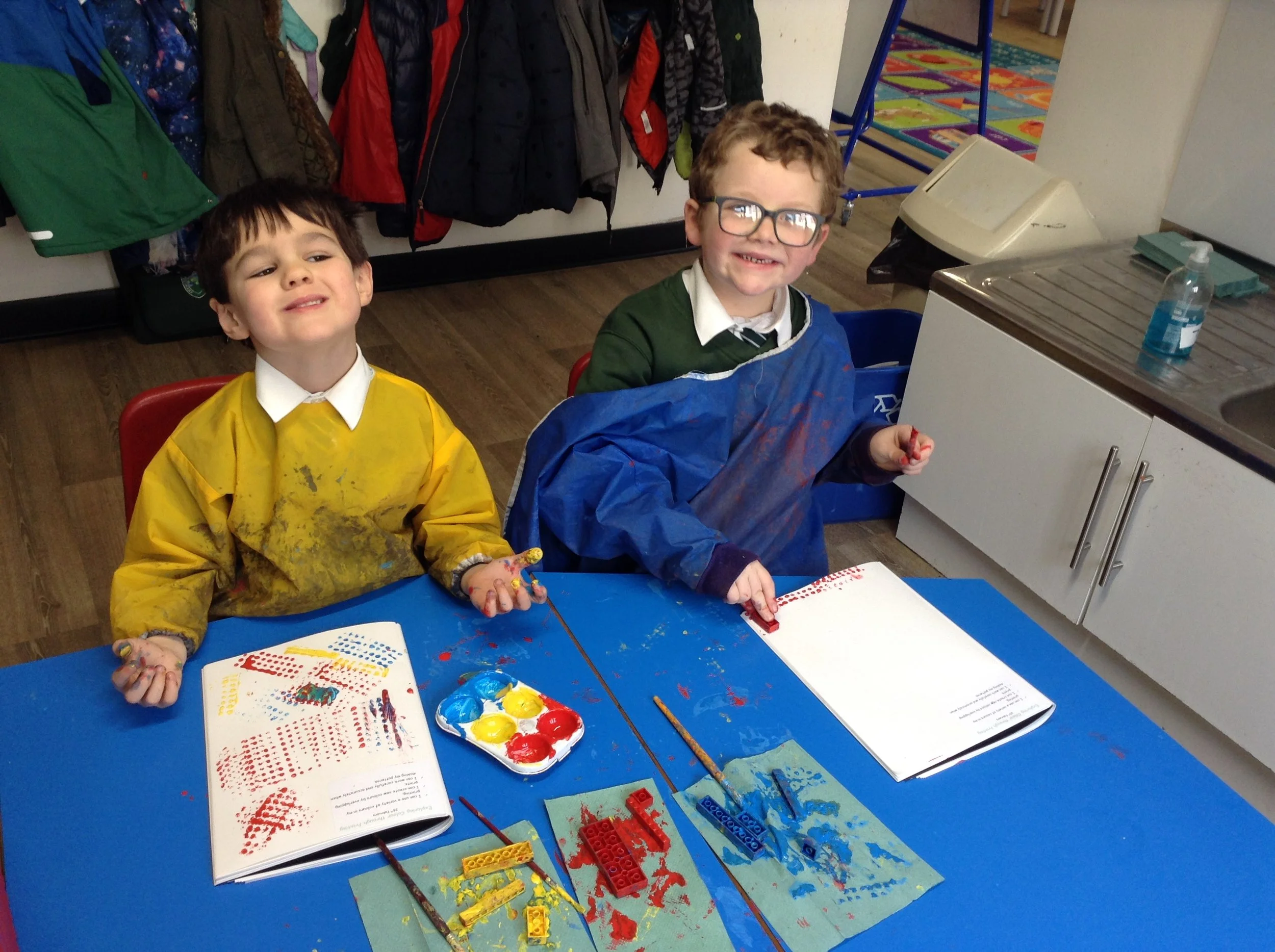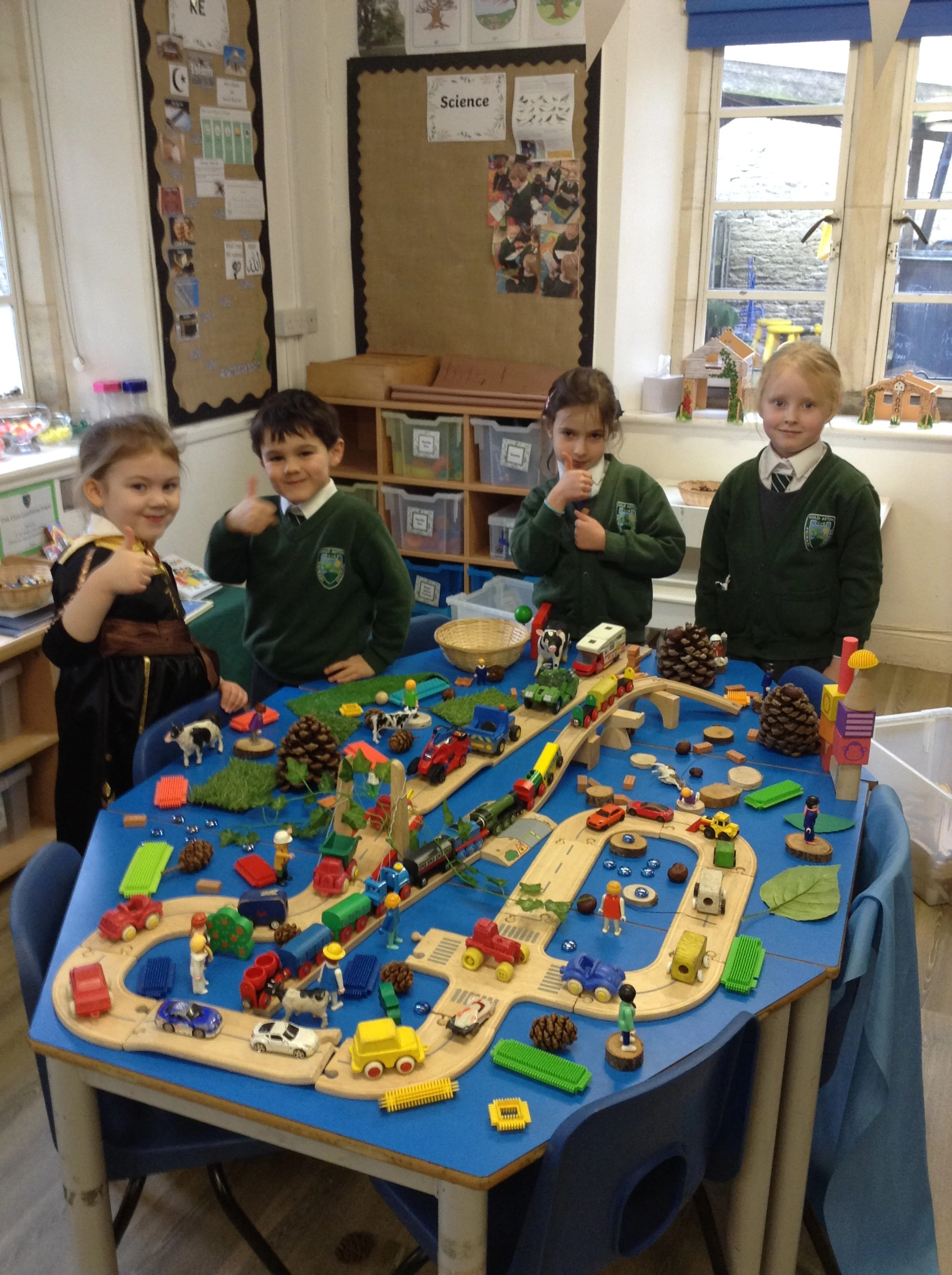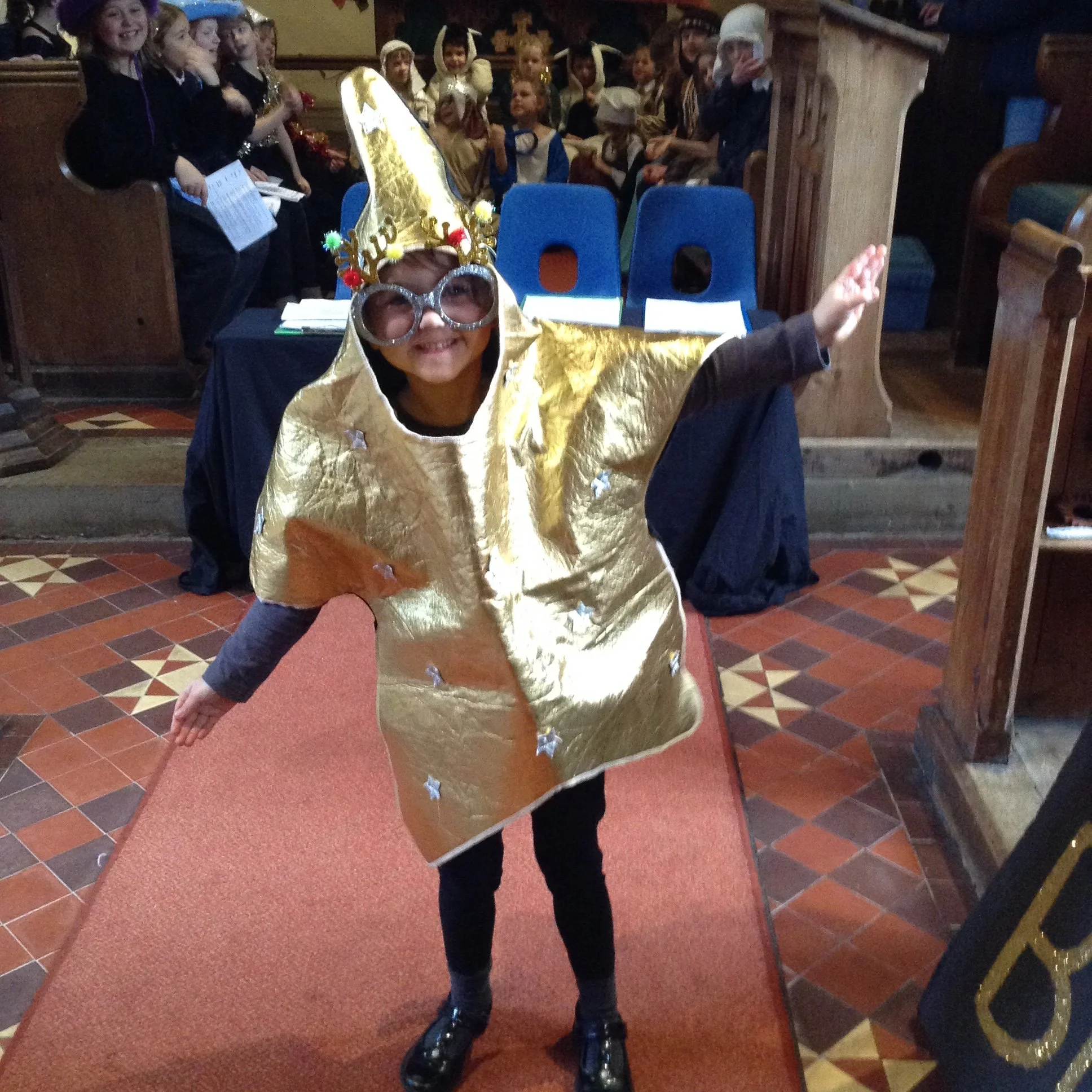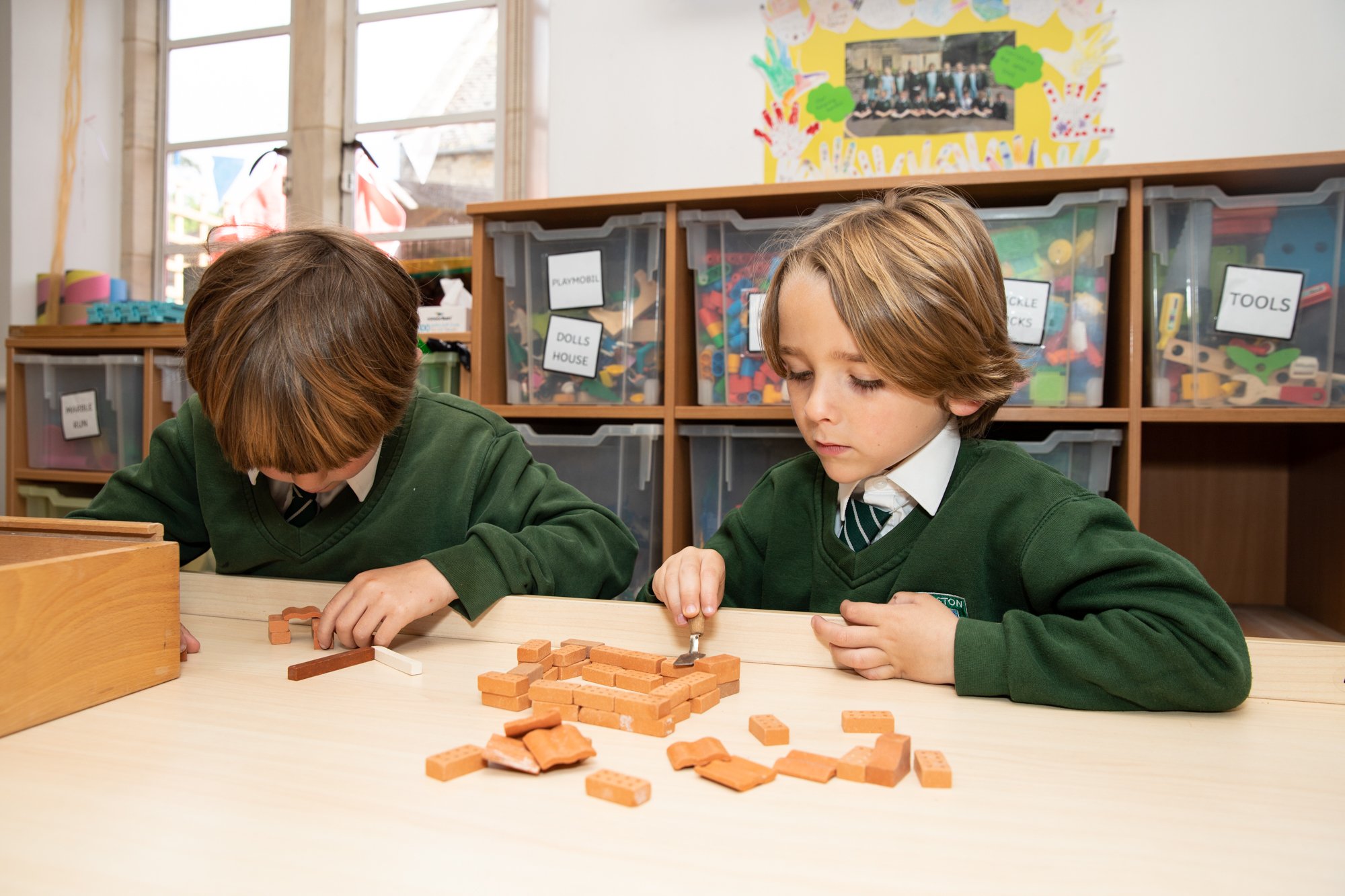
Welcome to Oak Class!
Here you will be able to find out about our learning in Oak Class alongside useful information and resources to support your child throughout the year.
You will also find more detailed information about how we plan and deliver the EYFS curriculum here at Cold Aston Church of England Primary School.
Please do also see Class DoJo for regular updates and photos of what we've been getting up to in class and for messages and reminders.
Please do not hesitate to catch me at the end of the day if you wish to speak to me or message me directly through Class Dojo.
Here's to a wonderful start to school life!
Mrs Lewis
EYFS at Cold Aston
Journeying Together with Love and Trust
INTENT
We strive to provide an EYFS curriculum that develops every child’s ability to care, respect and nurture themselves, others and the world in which they live. Inspiring our learners to be curious, to explore and discover along their journey. Our EYFS curriculum is underpinned by our vision and school values.
Resilience – An EYFS curriculum with high expectations, that encourages children to be curious, develop perseverance and self-belief so that they can embrace new challenges, problem solve and communicate with others, developing resilience in all that they do.
Respect – An EYFS curriculum that promotes a love and respect for learning through the provision of motivating, rich, first-hand experiences indoors and outdoors, exploiting the wonderful natural environment on our doorstep. Our curriculum ensures that every child feels valued and knows how to value and show respect to others, to our school, to the community, to the natural environment and the wider world.
Responsible – An EYFS curriculum that provides children with the essential skills, knowledge and learning behaviours that they need to transition to Year 1 effectively and that ensures children are motivated and prepared for their journey through Primary School. We will support the development of the skills and the attitude to be responsible in all aspects of their lives, embracing the ‘ows, wows, and nows’ that life presents.
Learning is so much fun!
Class DoJo
Most of what we do in Reception is practical. We therefore invite you to join our online sharing platform, Class DoJo, to find out about what we've been up to in school each week. It's a really powerful tool for sharing with your child and often sparks conversations, enabling children to talk to you about all our wonderful learning. We will also let you know what we have been doing specific subject areas each week and give you suggestions about how you can support learning at home too.
IMPACT
The impact of the EYFS curriculum is reflected in having well rounded, happy and confident children transitioning into Year 1.
We measure progress and children’s learning across the year through formative and summative assessment. We aim to exceed the National and Local Authority data for children achieving the expected level of development. The judgements of our school are moderated with other schools. This means judgements are secure and consistent with government guidelines.

